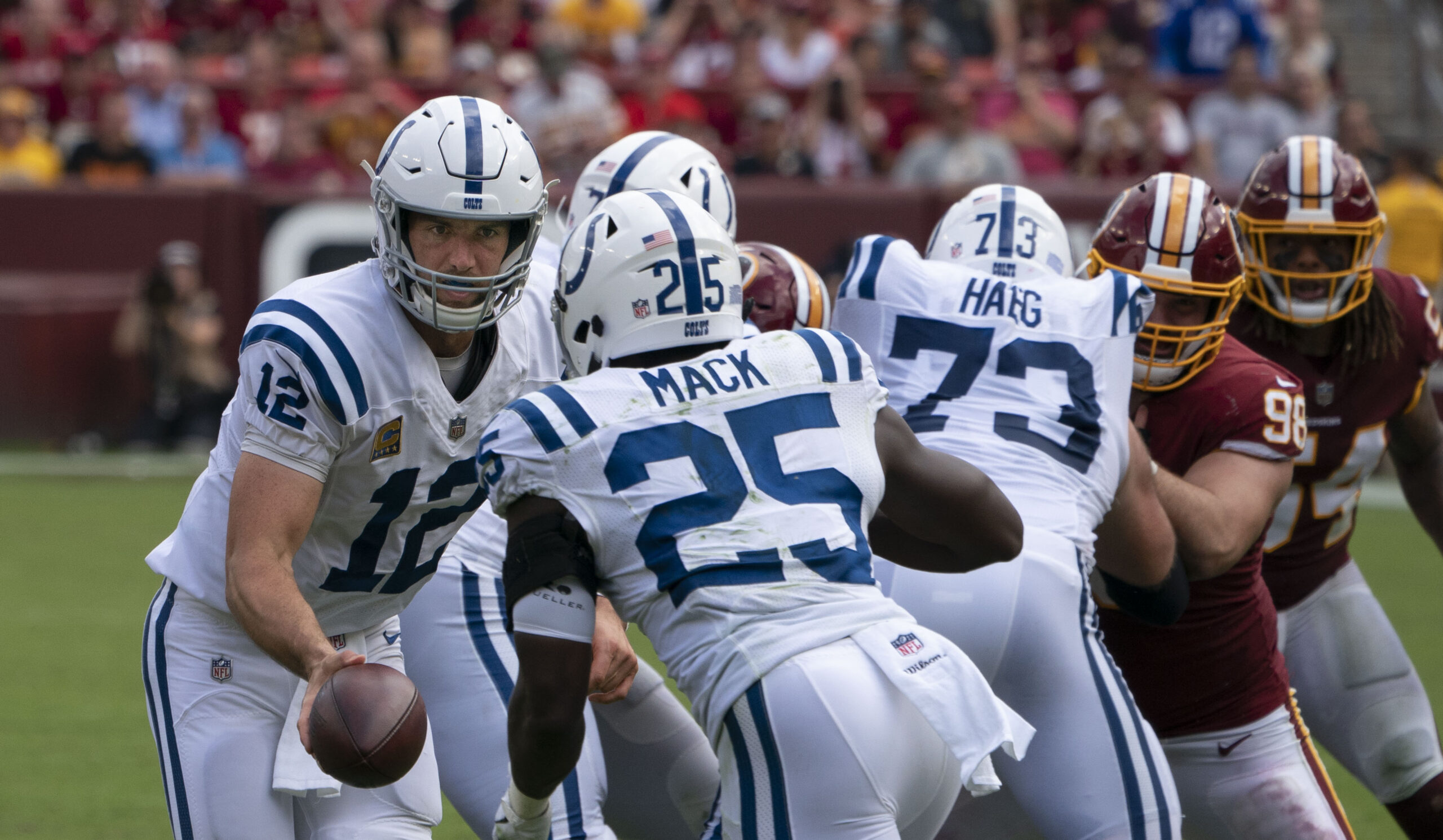Promise and Potential Derailed
Bo Jackson. Pete Maravich. Cheryl Miller. Sandy Koufax. Do you recognize what each of these names has in common? You’d be right if you answered that all are revered as exceptional athletes in their respective sports. You’d also be right if you recalled that the promise and potential in each of their careers were derailed by a system failure – each of them suffered injuries that forced them to retire from their sport while in the prime of their career.
The Psychological Impact of System Failure
We often focus on the tangible impact when we think about system failure, whether in the body or in our organizations. Bo Jackson’s hip dislocation meant he never played another down of football. Our organization’s inability to create alignment around our strategies meant that we didn’t hit our revenue targets. The tangible impacts of system failure can be catastrophic, but it’s the subtle, psychological impacts of system failure that we want to focus on today. And no athlete better represents that challenge than Andrew Luck.
The sports world was shocked when Luck retired from the NFL in 2019. Luck was considered a generational talent at quarterback, and, at the age of 29, it seemed he was on track to become a first-ballot hall of famer. He’d successfully navigated numerous injuries, including a lacerated kidney in 2015 and a torn labrum that cost him the entire 2017 season, and emerged in 2018 as the AP Comeback Player of the Year after posting his highest career completion percentage and passer rating and career seconds in passing yards and passing touchdowns. What could possibly have caused him to retire so abruptly?
The answer is the psychological impact of system failure. During the 2019 off-season, Luck suffered a lower leg injury described at various times as a calf strain and a high ankle sprain. As he progressed through a series of physical examinations and rehabilitation exercises, Luck decided it was too much. As ESPN Senior Writer Seth Wickersham got Luck to acknowledge, “It felt so familiar.” Thus, an injury with a high chance of full recovery took down a football giant.
When our organizational systems fail – whether it’s our communication systems or our accountability systems, or our decision-making systems – the tangible impact is often immediately apparent. But it’s the intangible impact that haunts us in the future. Because when one system fails, we often lose trust in other systems, which makes us less willing to work inside those systems. We also experience decreased energy or motivation to refine, reframe, and reshape the failed system. And, like Andrew Luck, we may eventually encounter a system that merely needs to be tweaked, but the painful memories of other system breakdowns may cause us to reconsider our work and lives and look for fulfillment elsewhere.
How This Applies to Your Organization
As you consider how Luck’s story relates to your organization, reflect on the following questions:
- What systems support your organization’s effective and efficient operations? (Think broadly – decision-making, accountability, communication, IT, performance management, etc.)
- If you had to grade those systems using a traditional A-F scale, what grade would you give each system?
- What steps can you take to improve the systems that are functioning below average?
- What steps can you take to strengthen the systems that are functioning above average?
From Reflection to Action: Prioritize one system to work on and engage your team in improving that system. Let us know if we can help as you navigate this journey.


















